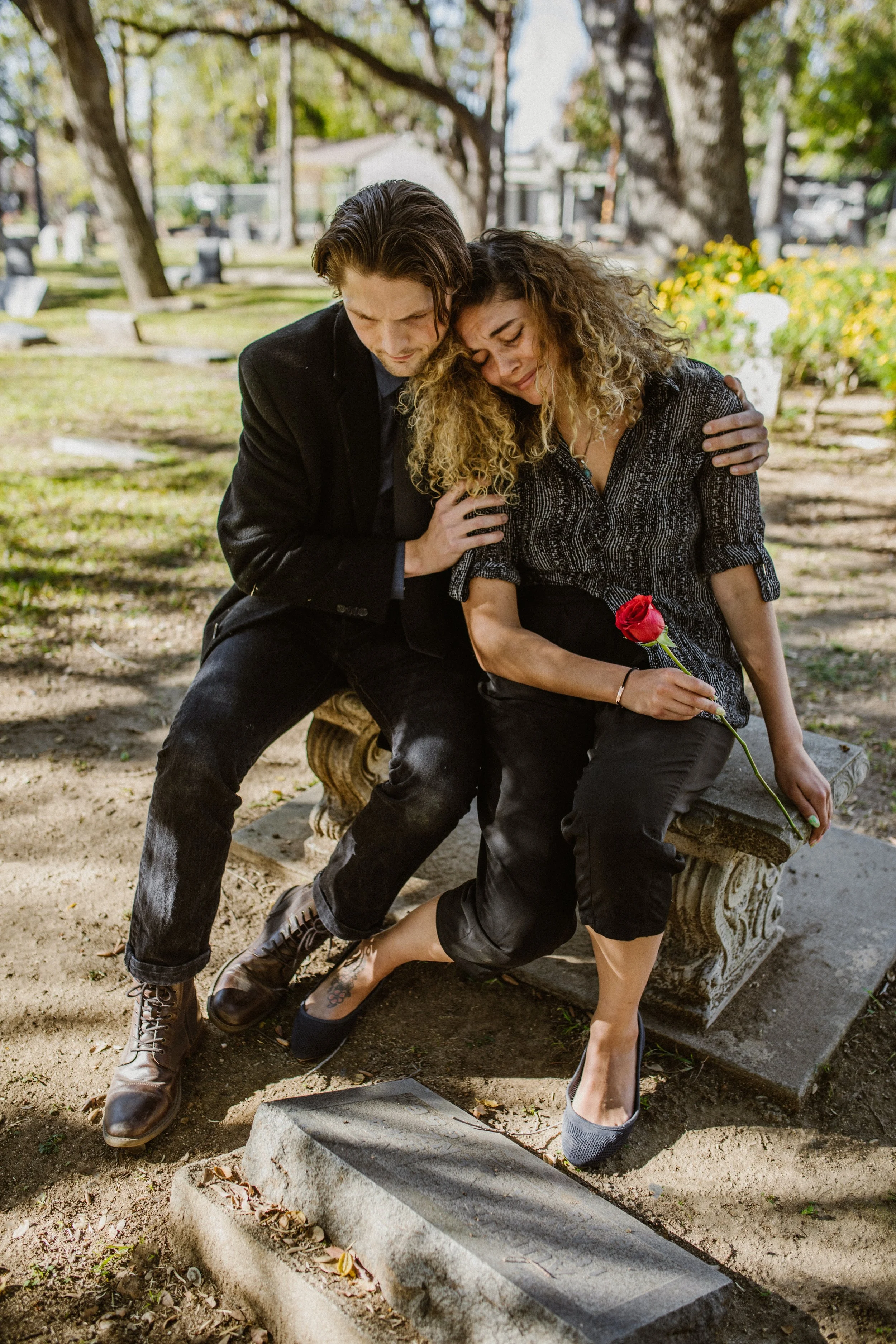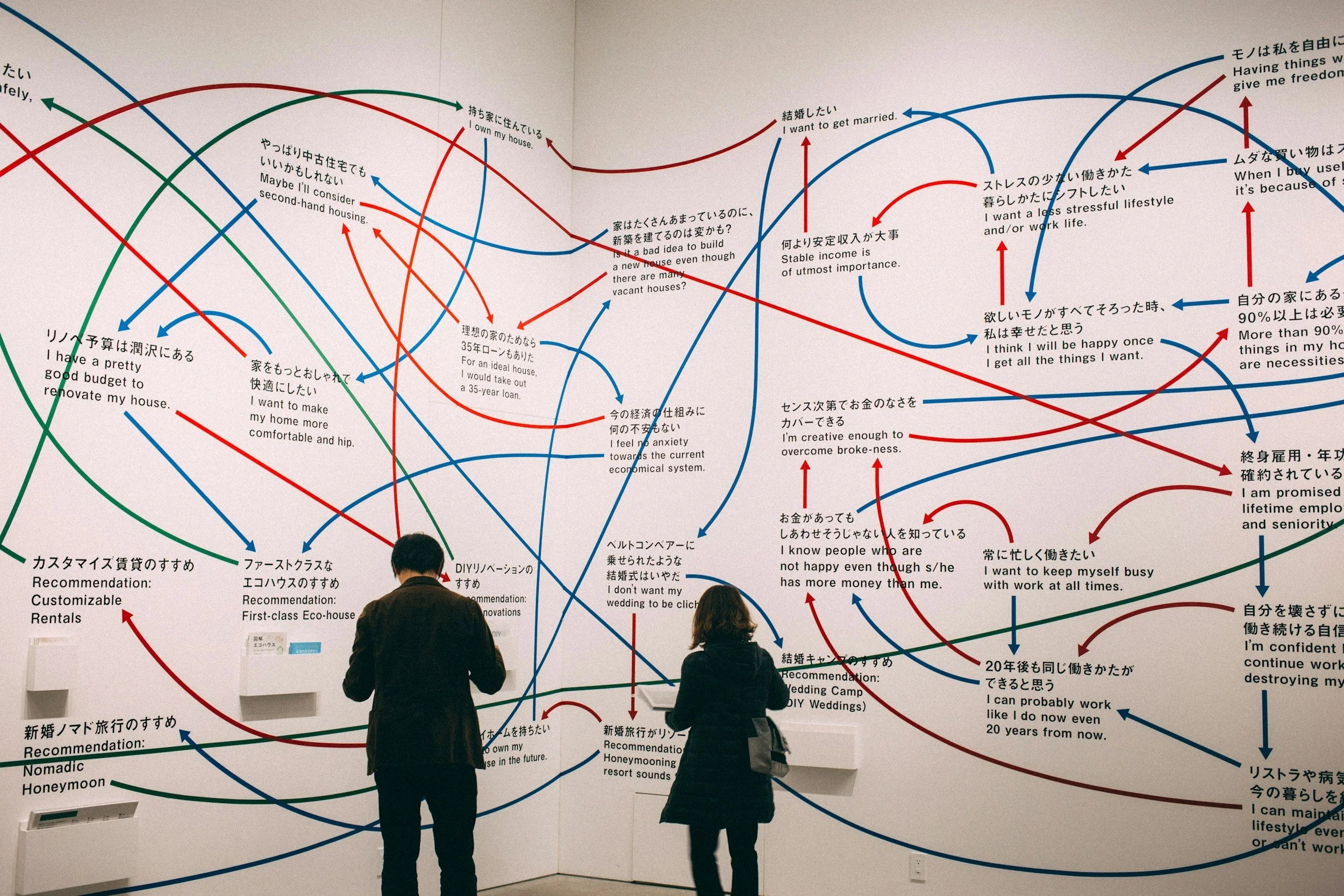Narrative Lectionary Key Verse for Today
“Then Esther said in reply to Mordecai, ‘Go, gather all the Jews to be found in Susa, and hold a fast on my behalf, and neither eat nor drink for three days, night or day. I and my maids will also fast as you do. After that I will go to the king, though it is against the law; and if I perish, I perish.’ Mordecai then went away and did everything as Esther had ordered him. ”
NL Daily Devotion for Sunday, December 9, 2018
by Dr. Kimberly Leetch, Clergy Stuff
Main Idea: Courage comes from within, but it also comes from the support of others.
Esther was a beautiful Jewish woman that had been taken in by the court of the foreign king (and oppressor), Ahasuerus. He had made Esther queen, even though he didn’t know she was a Jew. The king also promoted Haman to rule over the officials. Haman required everyone to bow to him. When Esther’s uncle, Mordecai, refused to bow (he only bowed to God), Haman got angry and asked King Ahasuerus for permission to kill all Jews, after which the spoils of their plunder would go into the king’s treasury. The king agreed, and a decree was issued for the genocide to take place on a single day. When Mordecai heard of it, he mourned and lamented, and sent for Queen Esther to intervene. She did so reluctantly, for she risked her life going into the see the king without being summoned. She would also have to reveal that she was a Jew. But Mordecai knew she had been put into her position for this exact occasion when she could save the lives of an entire nation. The plan worked, and she saved them all.
Esther is one of the books that mentions God very little. In fact, God is never directly mentioned by name in Esther. This book is more about God’s people, and the courage of a woman who loved her people—God’s people. When faced with the task, she didn’t simply reach down deep for the courage to do it. She also reached out to the Jewish people for support. She asked that they gather, pray, and fast for her well-being and success.
We live in a world that values independence. It seems counter-intuitive to reach out for help from the very folks reaching out to us for help. In Esther’s case, their mutual need and mutual support were needed to make the thing happen. We might do well to consider reaching out for help, even sometimes from the very people reaching out to help us.
I spend some of my time cooking in a kitchen at a nursing home. During the week, a few high school kids with special needs come to the kitchen to volunteer their time and to learn some marketable skills. Each morning as I plan my day, I set aside tasks that they are capable of performing. On the one hand, they have reached out to me to be a mentor and teacher for these kids. On the other hand, I reach out to them when they help me with my work. I have found I really count on their work, as they count on me to teach them. We lean on each other mutually, and it works great for all of us.
Narrative Lectionary Daily Reading:
Esther Agrees to Help the Jews
When Mordecai learned all that had been done, Mordecai tore his clothes and put on sackcloth and ashes, and went through the city, wailing with a loud and bitter cry; he went up to the entrance of the king’s gate, for no one might enter the king’s gate clothed with sackcloth. In every province, wherever the king’s command and his decree came, there was great mourning among the Jews, with fasting and weeping and lamenting, and most of them lay in sackcloth and ashes.
When Esther’s maids and her eunuchs came and told her, the queen was deeply distressed; she sent garments to clothe Mordecai, so that he might take off his sackcloth; but he would not accept them. Then Esther called for Hathach, one of the king’s eunuchs, who had been appointed to attend her, and ordered him to go to Mordecai to learn what was happening and why. Hathach went out to Mordecai in the open square of the city in front of the king’s gate, and Mordecai told him all that had happened to him, and the exact sum of money that Haman had promised to pay into the king’s treasuries for the destruction of the Jews. Mordecai also gave him a copy of the written decree issued in Susa for their destruction, that he might show it to Esther, explain it to her, and charge her to go to the king to make supplication to him and entreat him for her people.
Hathach went and told Esther what Mordecai had said. Then Esther spoke to Hathach and gave him a message for Mordecai, saying, ‘All the king’s servants and the people of the king’s provinces know that if any man or woman goes to the king inside the inner court without being called, there is but one law—all alike are to be put to death. Only if the king holds out the golden sceptre to someone, may that person live. I myself have not been called to come in to the king for thirty days.’ When they told Mordecai what Esther had said, Mordecai told them to reply to Esther, ‘Do not think that in the king’s palace you will escape any more than all the other Jews. For if you keep silence at such a time as this, relief and deliverance will rise for the Jews from another quarter, but you and your father’s family will perish. Who knows? Perhaps you have come to royal dignity for just such a time as this.’ Then Esther said in reply to Mordecai, ‘Go, gather all the Jews to be found in Susa, and hold a fast on my behalf, and neither eat nor drink for three days, night or day. I and my maids will also fast as you do. After that I will go to the king, though it is against the law; and if I perish, I perish.’ Mordecai then went away and did everything as Esther had ordered him.
Related & Recent Posts
An
Exceptional
People
Blog Posts
SIGN UP NOW






